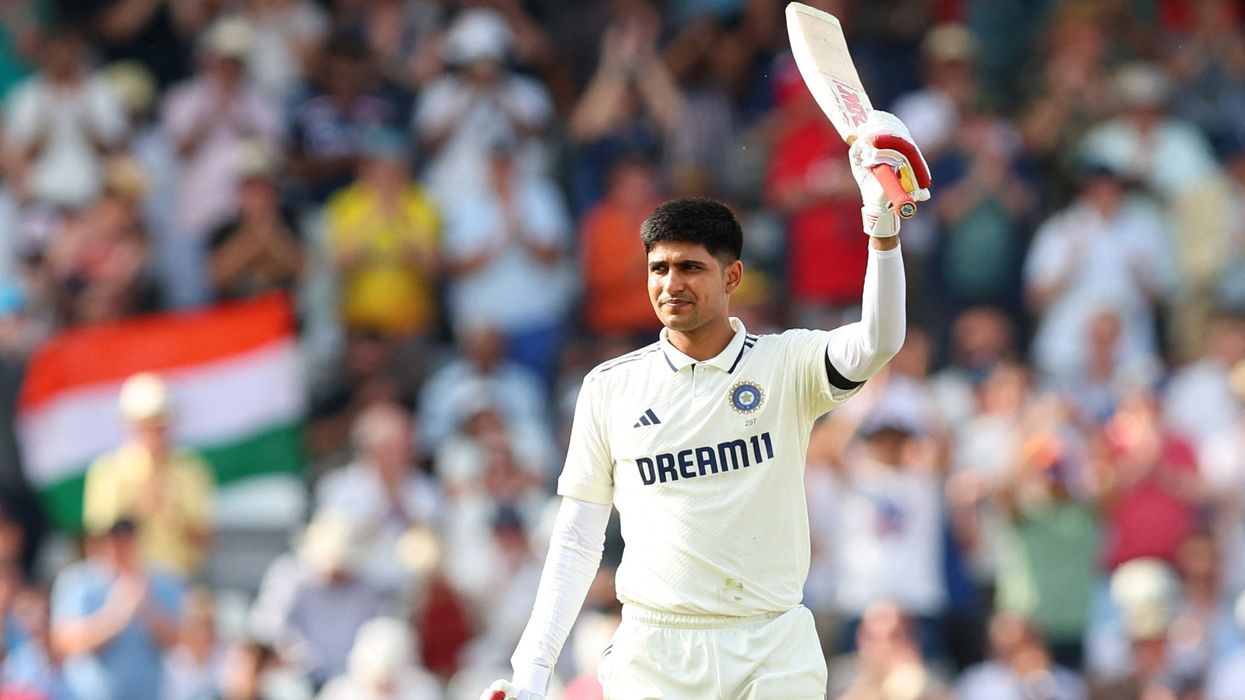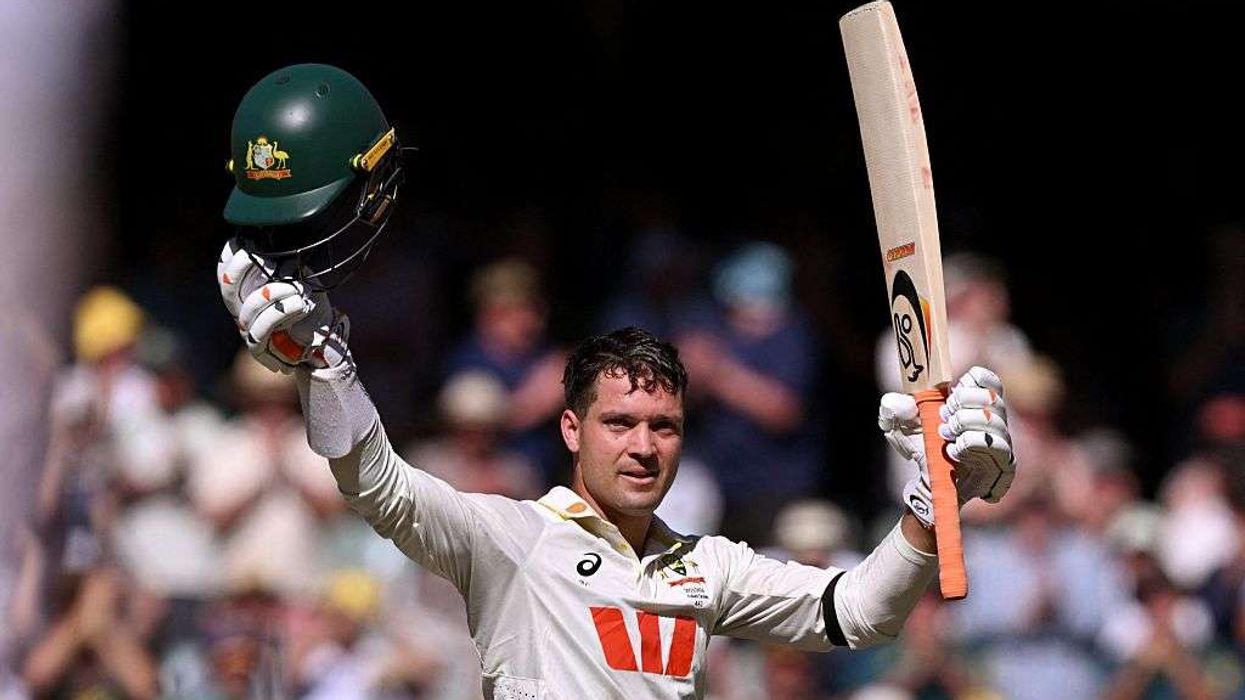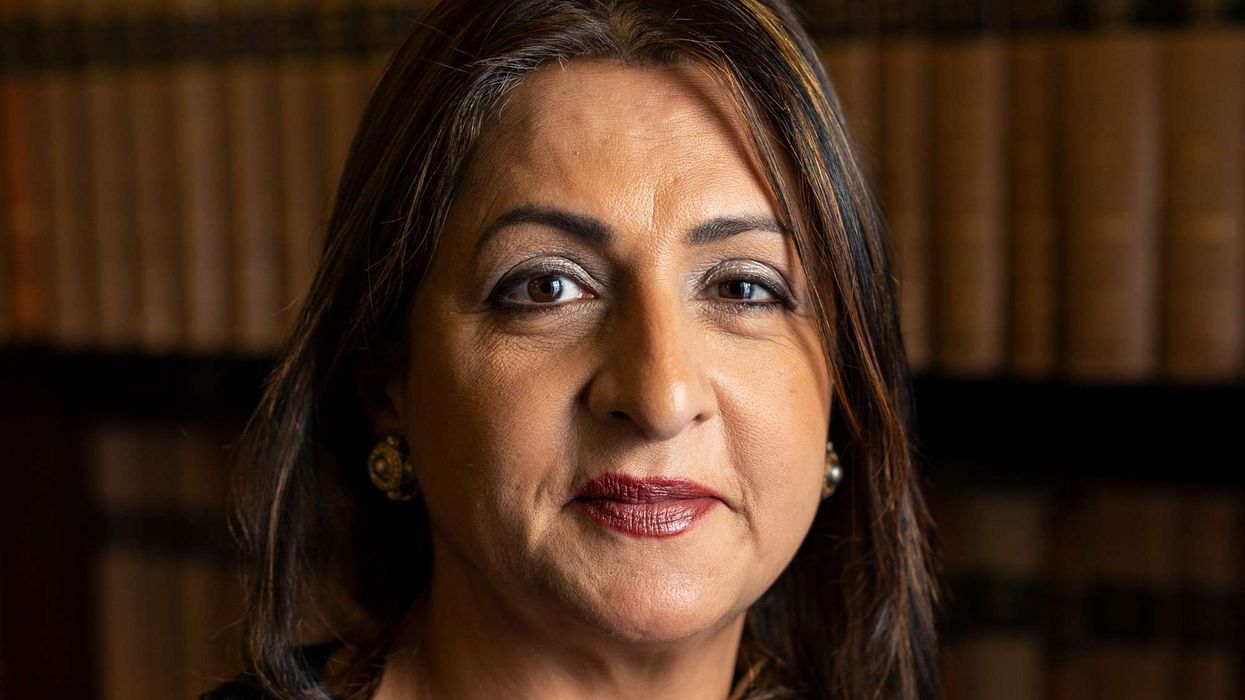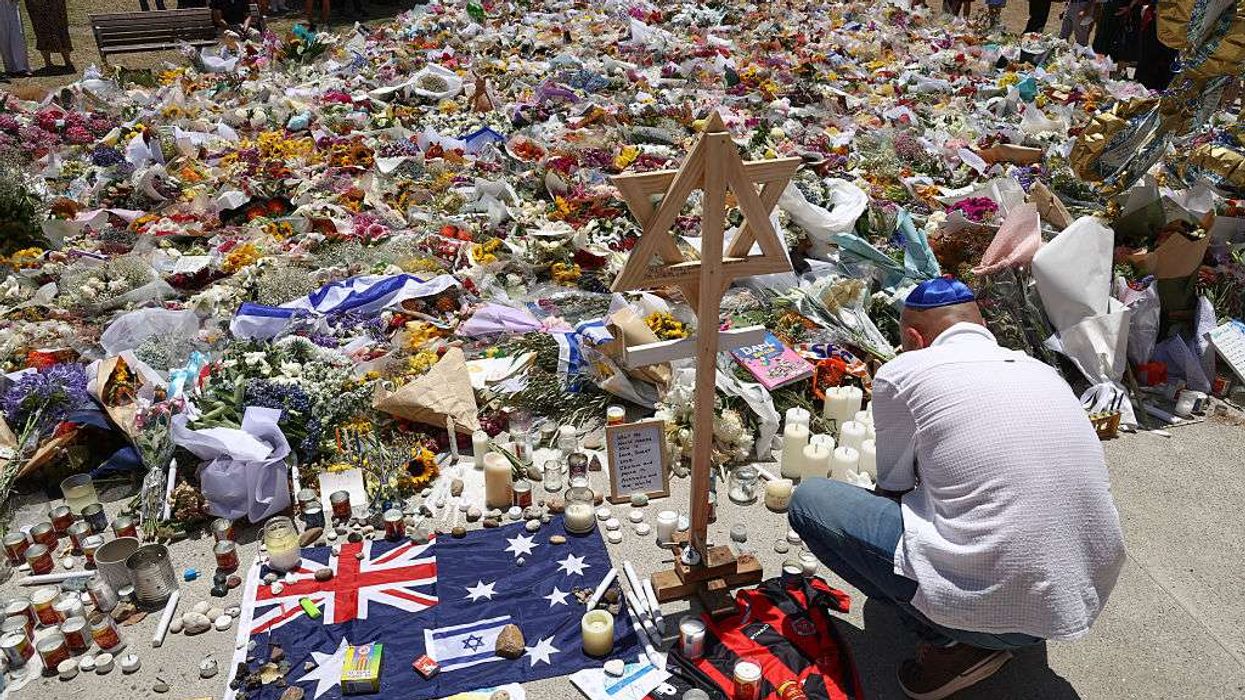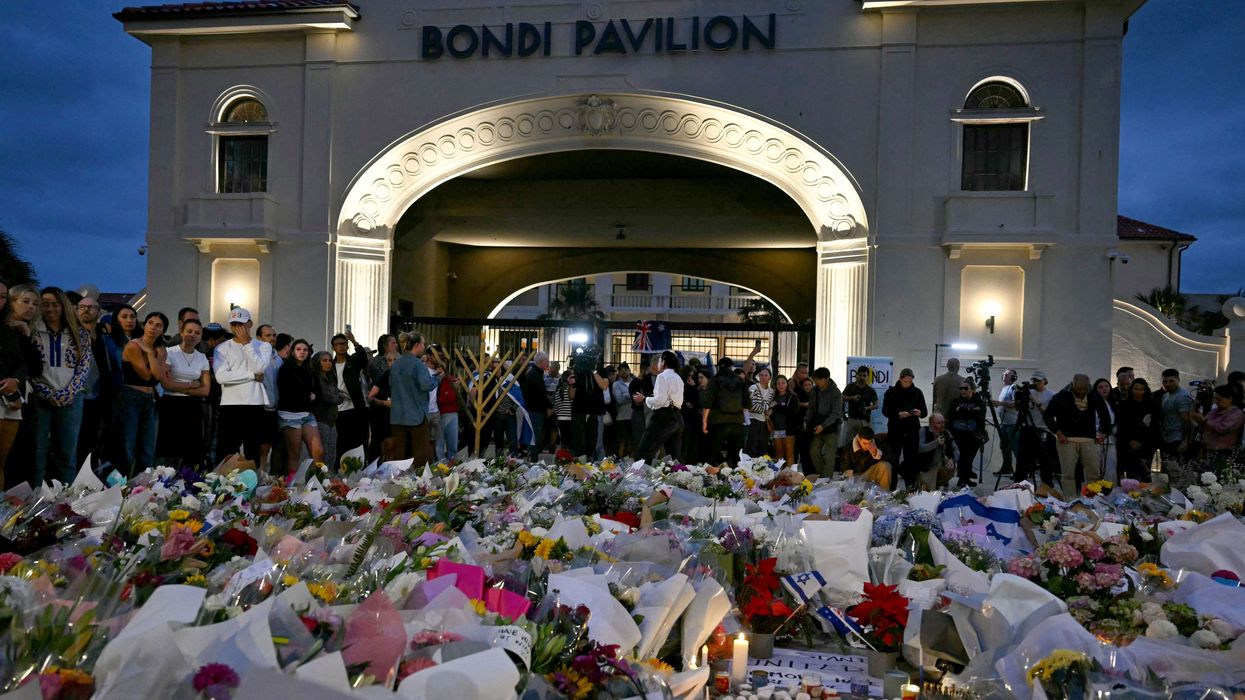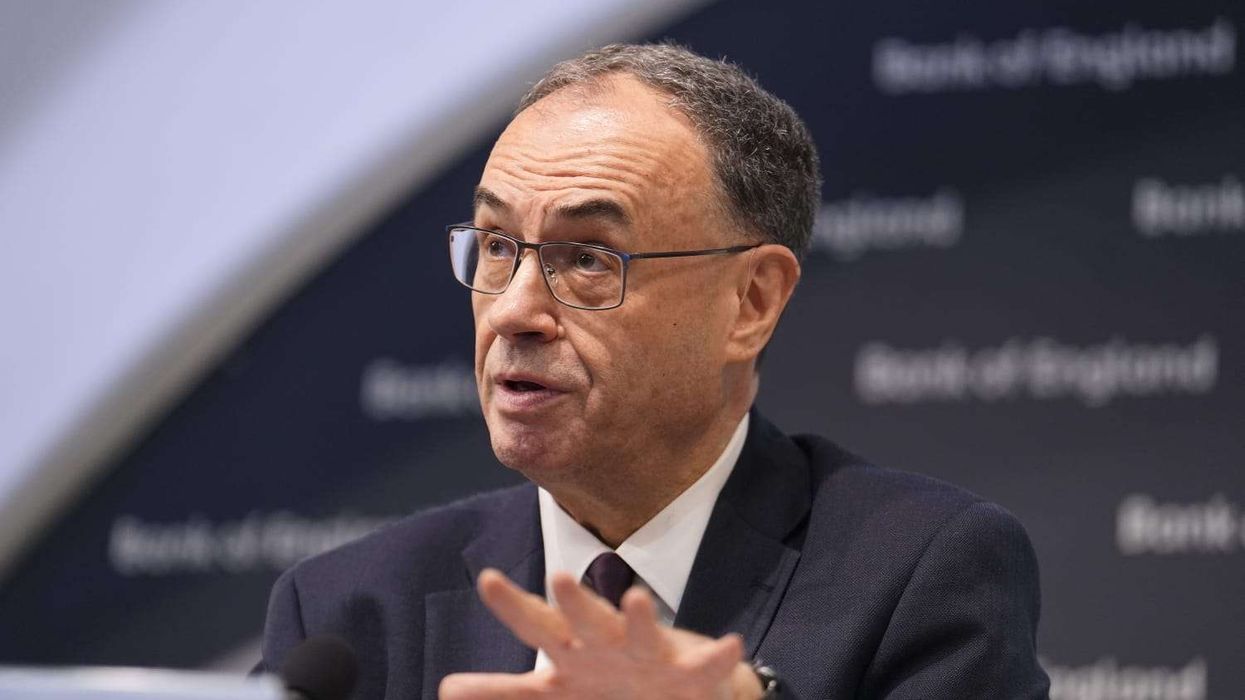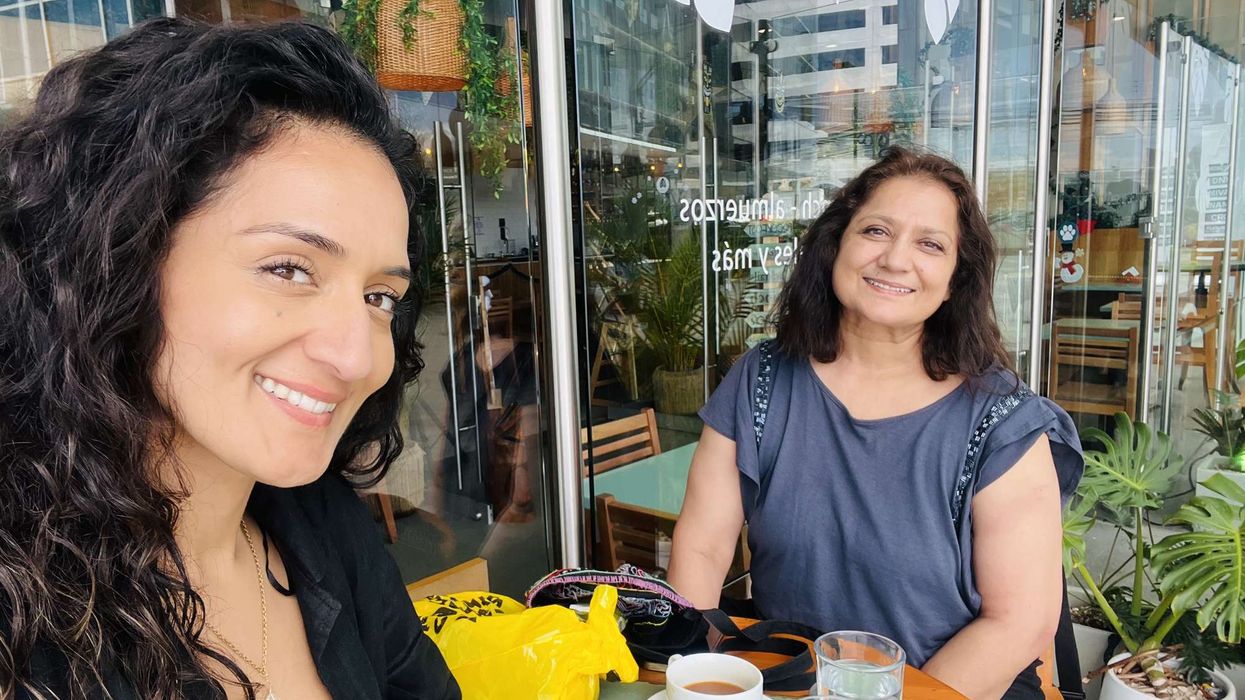CENTURIES from opener Yashasvi Jaiswal and captain Shubman Gill, his first as skipper, fired India to a commanding position in their series opener against England, closing day one of the first test on an imposing 359-3 on Friday (20).
Despite the clear, humid Headingley conditions seemingly favouring the batting side, England chose to bowl first, knowing each of the previous six Leeds tests had been won by the side bowling first.
Ben Stokes' decision seemed ill-advised, with India openers KL Rahul and Jaiswal both looking in fine form, but Rahul fell for 42, with the England captain quickly removing debutant Sai Sudharsan for a duck from the final ball before lunch.
Jaiswal and Gill steadied the ship in the afternoon session, however, the opener storming to his fifth test century, with Gill's classy ton, an unbeaten 127, putting England on the back foot from the off in the five-match series.
"It was very special, it meant a lot to me," Jaiswal told the BBC. "I really enjoyed it because I have worked so much before the series, after the IPL.
"I just wanted to get in and do something for my team, for my country and for myself after the work I have put it. I loved it. There is no secret. I just try to work very hard and have the will and desire to do well whenever I have the opportunity. I will just keep trying to put my team first."
The pressure was on Gill on his test bow as captain, with a nation expecting a smooth transition following the retirements of stalwarts Virat Kohli and Rohit Sharma.
India's fifth-youngest captain at 25 found himself in the firing line in the blink of an eye, after England had toiled initially on an unusually humid Leeds day.
Missing numerous frontline pace bowlers through injury, it was left to Brydon Carse, making his first test start on home soil, to make the crucial breakthrough just as Rahul was settling in before debutant Sudharsan quickly followed him back to the pavilion.
Supported by Jaiswal, who sailed to his sixth half century in 10 innings against England, Gill showed his class with his fastest-ever test 50.
Jaiswal, despite receiving treatment for an injury to his hand throughout the afternoon session, quickly retook the limelight from the skipper storming to his fifth century from just 20 matches, a third against England, to pile the misery on the hosts’ beleaguered bowlers.
After Stokes struck to clean bowl Jaiswal, who departed for 101, ending the third wicket stand of 129, Gill and Rishabh Pant continued to keep the scoreboard ticking over, with a drive through the covers taking the skipper to his first test century outside of Asia.
Pant finished off a memorable day for India by reaching his half century with a bizarre-looking shot, leaving England with mountain to climb to avoid getting their summer off to a losing start.
"It was a tough day but we will get our opportunity to bat soon," England coach Tim Southee said. "We will come back tomorrow and try to make some inroads.
"The guys are good. The strength of this side is that things can be tough at times but they try to not to get too caught up in the emotions of bad days."
(Reuters)
